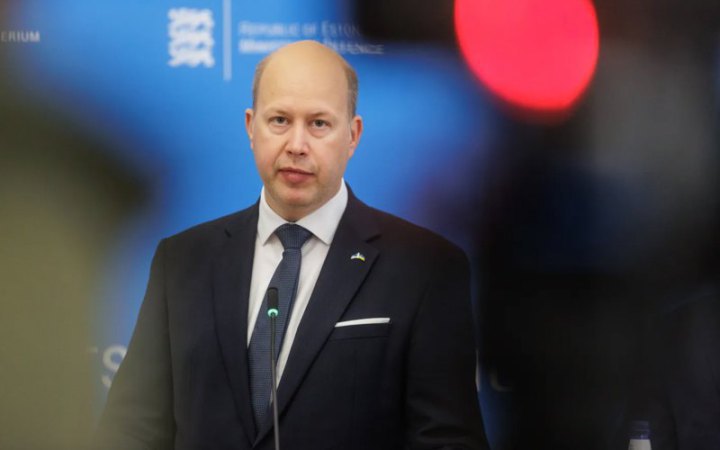Work continues in Estonia to strengthen its shared border with Russia, the country’s Minister of Internal Affairs, Igor Taro, said in an interview with LB.ua.
“Firstly, we have re-equipped all our border posts. Previously, they operated 24/7 without interruption, and there were not even physical barriers to block the way – only some barriers, but nothing that could be closed or was impossible to ram through. Now there are quite powerful gates that close very quickly electronically,” he said.
To prevent potential border breaches, massive fences and special traffic warning systems have been installed at all border crossings for entry and exit, making it impossible to ram through the checkpoints with a vehicle. Some of the protective measures were already in place during military exercises.
“We had exercises on the Narva Bridge in the spring, practising a scenario for closing the border crossing. We put up barbed wire and ‘dragon’s teeth’ and left them there. Other places also have measures in place that were prepared during exercises in previous years. Everything is arranged so that, if necessary, it can be quickly blocked and does not have to be moved far,” explained Igor Taro.
Construction of a barrier to prevent illegal migration will also be completed along the remaining sections of the border this year. There are plans to add an anti-tank ditch along the entire border.
“So far, a small section has been dug as a test to see how it will behave during the summer, in the rain, etc. And we will continue digging. When the anti-tank ditches and everything is mined, it is difficult to drive up. All this needs to be done, otherwise we will have a clear field there, and there is nothing easier than crossing it at high speed with armoured vehicles,” said the Estonian Minister of the Interior.
As part of the drone detection system, the country plans to install motion sensors and cameras on fences along the border.
“They were also planned to combat illegal migration and smuggling, and now the element of drone detection and anti-drone protection is being added. We will add all this gradually in the coming years as resources become available,” said Igor Taro.
According to the minister, the organisation of defence measures is taking a long time because the country has not declared martial law, making it impossible to deploy all the necessary resources at once.
“We are not exactly at peace, but we are not at war either, so some processes take longer because we cannot deploy certain resources in the same way as Ukraine does. You have people driving around in jeeps with machine guns to shoot down Shahed drones, but we cannot deploy such units along the entire border because we are not yet mobilising,” explained Taro.








